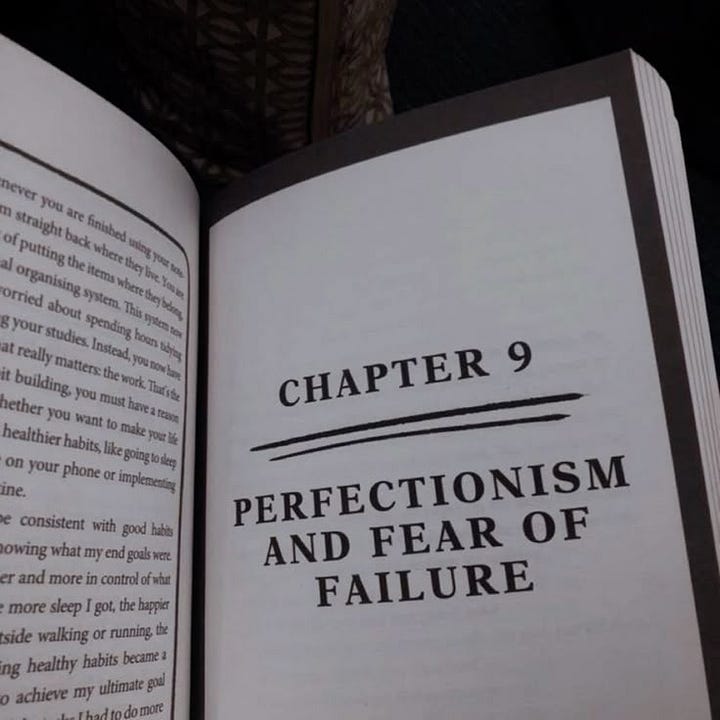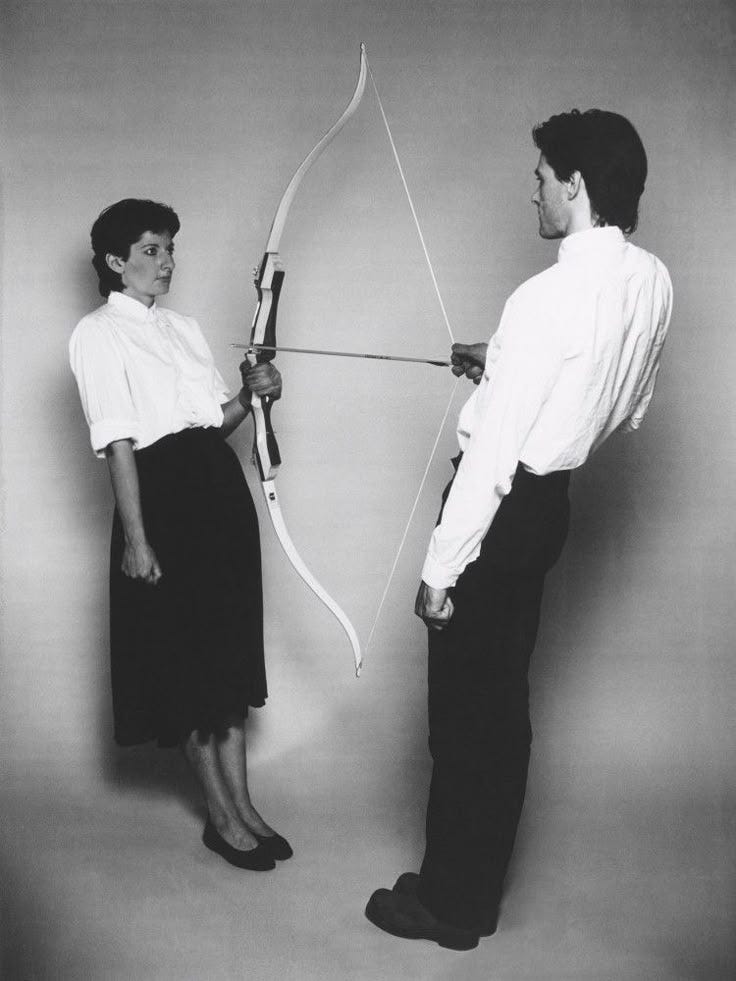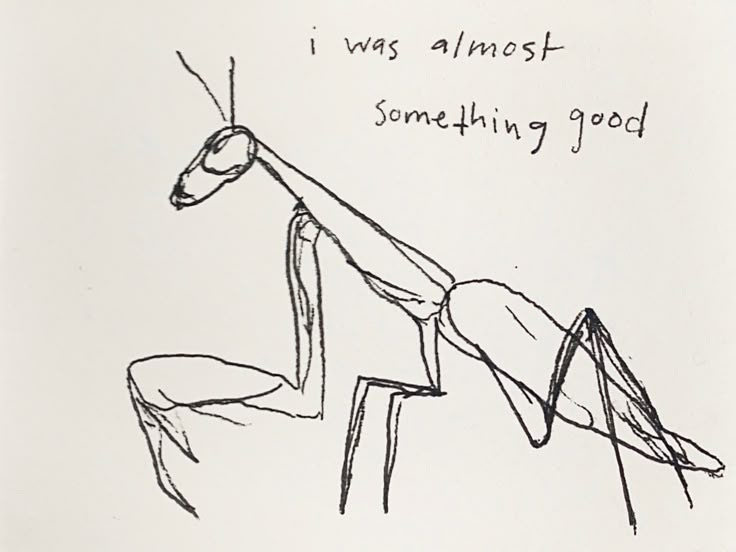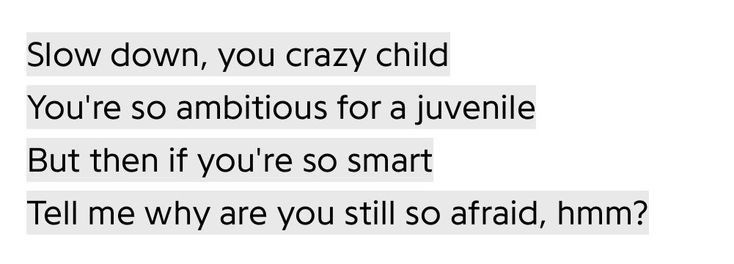you're not joan didion, i'm not sylvia plath
a disjointed rant on "thought daughters" and "podcast bros" and my ludicruous reliance on my intelligence as a measure of self-worth
“I am nothing in my soul if not obsessive.”
Richard Papen in ‘The Secret History’, Donna Tartt (1992)
I’ve been told I’m smart my whole life. I know I am. When I say I am a colossal stinking narcissist, I do not mean that lightly. Ever since I can remember, I have needed to be the smartest person in the room, sometimes to my own detriment. Does this make me unbelievably pretentious? Yes, of course it does. It also makes me incredibly hyperaware. And I am. Hyperaware of my strengths (even more so of my weaknesses—I do not think I am talentless, in fact quite the opposite). This almost god-mocking hubris has allowed me to create art that I am so so proud of. Self-doubt is inevitable; such are the side effects of the human condition. However, this isn’t something that stems from insecurity or some form of backward modesty or righteousness. I wasn’t always like this. I’ve had crippling writer’s block for the better part of six months, and I’ve been mourning the attention span that devoured multiple books in a day, the 12-year-old who obsessesively read: from percy jackson to anna karenina to misery to the odyssey. I cannot remember a period in my life where I did not read. Throughout my childhood, I have read. Multiple books at a time. I’ve done the cliche of walking into a pole while reading, I’ve been pulled up in class for reading a book on my lap during the lesson, I’ve notoriously brought a book (a little life by hanya yanagihara no less) to the nightclub.


Throughout my teens I’ve been told over and over to try writing a book, and I figured since I loved reading so much, how hard could writing a book be? (much harder, I subsequently learned). I bring these instances up not to brag, but only to draw attention to the fact that there is some truth to the well-known fact that is drilled into us; reading does in fact make you intelligent, reading enhances literacy, reading makes you a critical thinker, and so on and so forth. Humans at their very core are hopeless lovers of literature and stories. Even Alexander the Great (fanboy 101) kept a copy of The Iliad under his pillow (a habit I have since picked up - I used to have my books stacked high up on my bedframe). I am an mosaic of the books I have consumed and the authors I venerate. This brain of mine belongs to me, but it also belongs to the endless art and literature I have had the privilege of consuming and adoring over the years. How could it not be? And of course, reading makes you intelligent. How could it not? And I was obsessed with it. I was obsessed with learning. I was utterly driven by a seemingly unquenchable thirst to devour every piece of knowledge I possibly could. I had to be the smartest person in the room.
‘I’d write to the point of suffocation. I’d write myself into nervous breakdowns. Manuscripts spiralling out like tentacles into abysmal nothing.’
— ‘I Wish I Wrote the Way I Thought’, Benedict Smith
Black Swan is one of my favorite movies. Unsure what that says about me, but I saw myself in Nina, whether I wanted to or not. The way she was driven by literally everything from her own bodily pain to her coach’s sick perverted way of teaching. I suppose watching from the outside, you could look at it and go, “well why doesn’t she just quit?" or “it’s clearly causing her problems, so why doesn’t she just stop?”. I had a visceral reaction to when someone told Nina “you could be brilliant, but you’re a coward.” Watching films and devouring books about obsession and passion offer me a strange sort of clarity—clarity about identity, if you will. “You could be brilliant, but you’re a coward.” As the eldest daughter (and eldest granddaughter, eldest niece, and cousin, on both sides), I’m propelled unabashed toward brilliance, though I don’t feel I have reached it yet in my twenty-four years of life. In my world, there’s no room for half-hearted efforts. There’s no point in being anything less than perfect, anything less than brilliant. And if my own fear threatens that, so be it—I’ll cast aside whatever stands in my way. Perfection is contentment, and it’s about others being content with you, too. Perfection means setting expectations so high that only the flawless can meet them. It’s striving to be better than average in every single thing. It’s about excelling from the tiniest detail to the grandest of gestures. Perfection is clarity. Nothing else matters. I was going to be the greatest and the smartest, or nothing.
Nina: [whispers] I just want to be perfect.
— Black Swan (2010) dir. Darren Aronofsky
Lately, though, I’ve been feeling, almost physically, akin to sand dripping through an hourglass or water leaking from a sink, I’ve been feeling not-smart. So much of us is defined but what we have around us. Our brains are sponges, absorbing anything and everything at a whim. At the risk of sounding like jaden smith saying “can we talk about the political and economic state of the world right now”, I do yearn having conversations that don’t revolve around the newest shoe harry styles is wearing, and don’t get me wrong, I’m a fiend for pop culture, and this isn’t in any way shape or form putting down those strains of conversations, but when I can physically feel my brain closing in on itself, yes, I do want to talk about the political and economic state of the world right now. The rise of tiktok brought with it the demise of intellectualism and I am a victim of the same. Endless, mindless scrolling has turned the sharpest minds in the world into mush and imagine the art that would have been brought into the world if only tiktok’s claim to fame ended with musical.ly.

Why has being mildly pretentious suddenly become so controversial? The rise of the “thought daughter” trend on the clock app seems to have given rise to just the opposite. You are not a thought daughter because you feel a shred of empathy and decide to call yourself an empath. You are not a thought daughter because you cry yourself to sleep. You’re not a thought daughter because you read pure smut and convince yourself it’s literature. Honestly. Grow up. “I’m just a girl” “girl math” “girl dinner” “girly degree”, like for the actual love of all things holy and unholy, must you infantilize yourself and dumb yourself down for the invisible people in your phone because that makes you feel like a “thought daughter”? The "thought daughter" isn’t crying because she’s overwhelmed or anxious—she’s crying on her meticulously crafted reading chair with diptyque or byredo candles lit, surrounded by books with titles like The Myth of Sisyphus and Slouching Towards Bethlehem. She’s not struggling with insomnia—she’s staring at the ceiling in an oversized cashmere knit sweater, listening to Mirrorball by Taylor Swift on repeat. Both these scenarios must have cameras pointed at them, with a moody filter, or it doesn’t exist. It’s anxiety, but make it aesthetic. And while there’s humour in that, it also risks trivialising what it’s like actually to live with those struggles. It’s also like the internet can’t handle the idea of women just being without framing us in some nostalgic, non-threatening, quirky little box. Instead of celebrating the real work of intellectualism or mental health—like diving into complex ideas or actively finding tools to manage anxiety—it becomes about collecting the props, the views, the followers. It’s less about what you think and more about how your thinking looks on Instagram or TikTok. That’s not intellectualism. That’s consumerism. You’re not smart, you’re just trendy.
On the flip side, the rise of “Podcast Bros” is a whole other can of worms. Self-proclaimed pseudo-intellectual high school dropouts who saw a get-rich-quick scheme and jumped at it. I am not a podcast girl; I have never been one. Especially not the kind where it’s just two guys talking about “bruhhh, what if we live in a simulation bruhhh”. This absolute epidemic of men who feel the need to rant about every single thought they have ever had in their entire life and pass it off as something immensley philosophical, when whatever they’re saying was probably the tumblr reblog of the average 13-year-old girl. More men seem to be starting podcasts instead of going to therapy because, I suppose, it provides them a sense of positive affirmations for their feelings, but in reality, it’s just two idiots telling each other “exactlyyy!!”. I think the world has had quite enough of that; in fact, I am of the opinion those kinds of podcasts must be eradicated as soon as humanely possible. Does that make me a hater? Probably. Do I care? Not a tuppence. Start a podcast if you want, a history podcast, a sports podcast, something that isn’t just an excuse for you to be disgustingly misogynistic and homophobic and racist with the defence of “it’s just a conversation!”. You’re not smart, you’re just awful. Go to therapy.

All this ranting from me definitely comes off as incredibly pretentious. Dear reader, you might ask, well, what makes you so different from a “thought daughter”? And the answer is, nothing really. I called myself a thought daughter. I called myself “just a girl”. I did all that; I still do sometimes, but what’s different is I actively try not to fake it. I suppose that makes me entiely worse than the thoughts daughter son tiktok. I’m transparent about my reading habits and writing habits as much as I can be. I try to be the original iteration of a thought daughter, but I don’t always achieve it. I am the very thing I rant about in this essay/think piece/something. And that’s the very thing I am trying to avoid. I am a contradiction. I’m frustrated that my attention span has been ruined, my ideals have been altered and thoughts read to me from a phone screen. I don’t want that anymore. One of my greatest fears is seeing the version I wish I was, the smarter, sexier, more elegant, more articulate version of me walking past me on the sidewalk. I keep telling myself I’m almost there, I’m almost at her. I can be her. She’s an essay away, a poem away, a thought away. And I can become her one day. Another bachelors degree on top of my law degree, a masters degree, a PhD. Perhaps my descent into madness will begin the moment I feel there’s nothing left to write about or study or learn that I haven’t already explored. Once I’ve exhausted my “original” ideas and my candle has melted into the table. Or maybe it will start when I come to understand that being an obsessive artist/writer/poet/knowledge-seeker is nothing more than an ouroboros of self-destruction, and that I should pause, take a breath, and accept that greatness isn’t everything. But to me, it is. To be great, or nothing at all. I have constant nightmares about the slow loss of my potential, of falling behind on the curve. To have the potential to be brilliant, but fall short for my cowardice to just go that extra mile. What am I if not a poet? a writer? a lawyer?

What am I when my entire identity and self-worth depends on how much of an intellectual I (and others) think I am? This is why I find myself heavily relating to characters like Nina Sayers, Marianne Sheridan, Andrew Neiman, and Richard Papen, perhaps even unhealthily. Their drive for greatness, fuelled by a fear of falling anything short of brilliant, their fear of being perceived as mediocre is something I feel deep in the dark caverns of my gut. It writhes and rolls around in glee, sending tendrils of jealousy and disgust swirling through my veins. This materializes quite often during board games nights where if I lose it feels like a punch in the gut, I immediately hate everything, unfairly. I’ve involuntarily thrown a tantrum (in front of my partner, after everyone had left) after losing a board game and I remember watching myself outside of my body and despising how I was acting. Like just being disgusted because why was a silly ol’ board game making me cry at the ripe old age of twenty-four? It’s ridiculously embarrassing, but I literally could not stop myself.
Someday, I think I’ll grow out of this. But I doubt that day would come anytime soon, considering I’ve been like this for as long as I could possibly remember. An obsessive, ambitious, pretentious, snarky girl who desperately needed to be the smartest person in the room. Until I do grow out of it, I’ll keep consuming as much as I can, because I need to, because I have to, and because I am not real if I can’t win every argument.
I want to be great. Or nothing.
— Louisa May Alcott, Little Women (1868)

I love you, my darlings.
See you next time.
All my roses and cherries,
Rara xx




